War paint: the politics of the colourful make-up trend
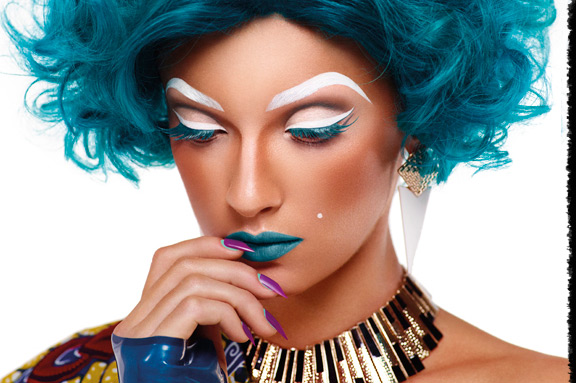
When Anna Piaggi, revered fashion editor, journalist and creative consultant died this month, photographs of her flooded the internet, and every obituary was full of paragraphs examining and dissecting her eclectic, colourful style, its roots and influences. 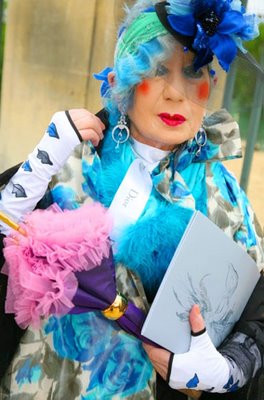
Her softly waved turquoise fringe, exposed under a Stephen Jones hat, the rest of her hair shorn close to her head, her blotchy doll make-up and her flamboyant wardrobe. The general consensus of the meaning of this theatre of spectacle, is that Piaggi was interested in fashion for the sake of narrative, history and personal pleasure, rather than as a tool of prettiness or sexiness or a defence against ageing. Making fashion work on your own terms can be difficult, but Anna Piaggi managed it, and looking around recently, there are others doing it too.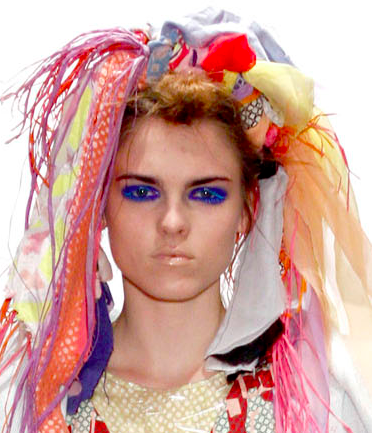
This week saw the launch of the Louise Gray for Topshop make-up collaboration; the campaign images show a look with blue eyebrows and green stripes under the eye. Here is another fashion designer valuing creativity over safe sartorial decisions. Her own label also features models in slapdash make-up, a look continuously worn by the platinum-haired designer herself. Louise Gray is not the only one producing make-up that can be worn any way, as British brand Illamasqua have quietly been making collection after collection that transcends beauty ideals and focuses on self-expression. With the tagline “make-up for your alter-ego”, pop into their shop on Beak Street for a lipstick in teal or synthetic purple. 
Another recent Topshop collaborator Meadham Kirchhoff also holds the value of challenging stereotypical female dress codes close to their hearts when designing. Once describing the idea behind a collection as a combination of “My Little Pony and Marilyn Manson”, Edward Meadham and Benjamin Kirchhoff have said that they want women to feel free, rather than held down by worries and insecurities.
It’s too much to say that this experimentation breaks down traditional gender beauty roles; there’s definitely a strong femininity to all this face painting, references from Siouxsie Sioux and Vivienne Westwood all the way to Marie Antoinette as imagined by Sofia Coppola, though obviously David Bowie gets a big nod too, which says a lot for the gender blurring qualities of make-up. However, every time a woman’s hair is dyed blue, or eyebrows painted green, there’s a sense of stepping out of all that competition, all that anxiety, all that trying to be the prettiest version of herself possible. Instead she could have the hair and eyebrows of a punk, of a mermaid, of – if I’m not going too far – her dreams, and not Vogue’s and her mother’s and her boyfriend’s dreams for her.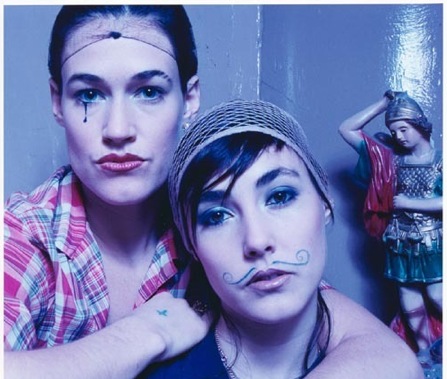
Bianca and Sierra Casady, the two founding members of freak folk band CocoRosie, have a lot to say about appearance and gender through their bricolage of hip-hop, Victoriana, glitter eyebrows and painted on moustaches.
“We started to fashion ourselves after elemental beings — fairies and gnomes; sort of a post-human kind of style where gender roles don’t apply in the same way necessarily, where facial hair isn’t explanatory of one’s gender. It’s more of an adornment or just sort of evident that we’re turning more and more to nature and becoming more a part of the landscape.”
The band performed at this year’s Southbank Centre Meltdown curated by Antony Hegarty, a curation which definitely reflected a preoccupation with gender, sexuality and politics. For all the flack this sister act has received over the years for everything from a too privileged background to bad cover art, the two standing ovations they received showed that momentarily a whole audience was transported by their authenticity and refusal to just be normal.
It’s aggressive; it’s free. Fierce in all senses that word has come to mean. The sudden mainstream availability of all things theatrical in the make-up world is an availability of war paint, of the tools for confidence, to leave to be legitimately creative with fashion. It’s a nice development, and maybe means there will be a few more like Anna Piaggi to come.
Sarah Cleaver


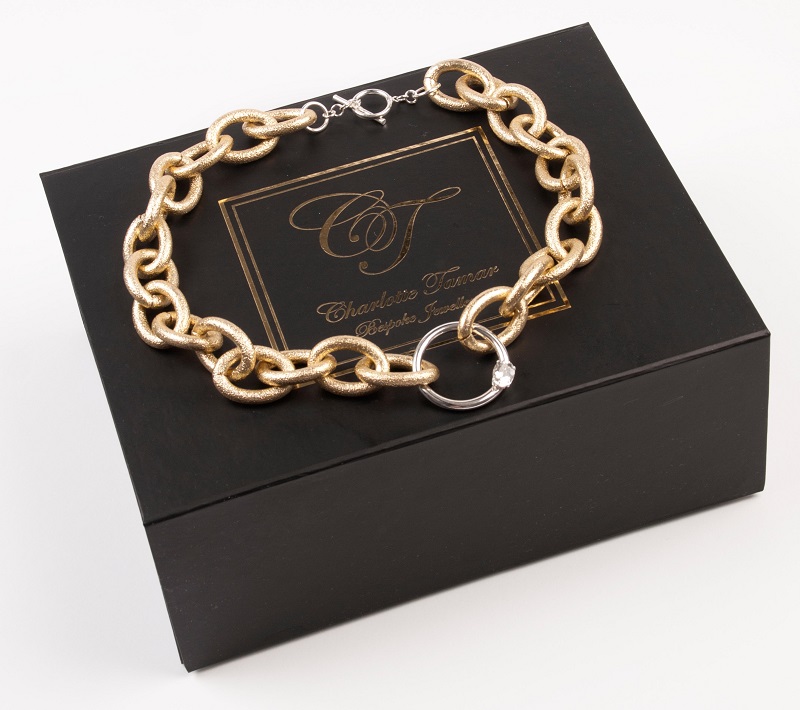
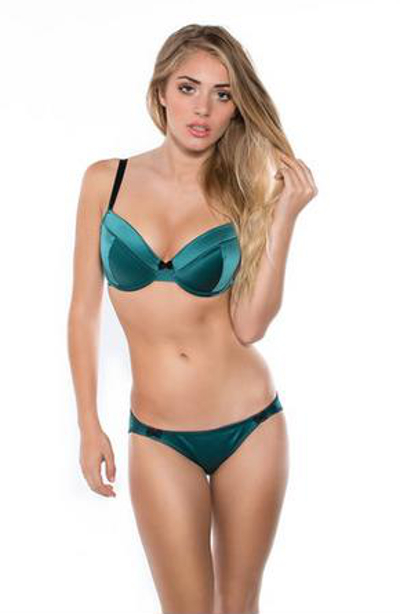


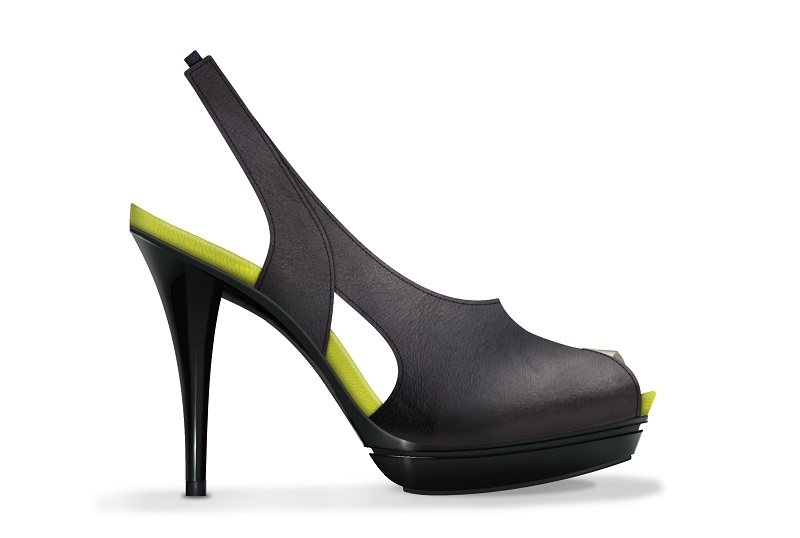
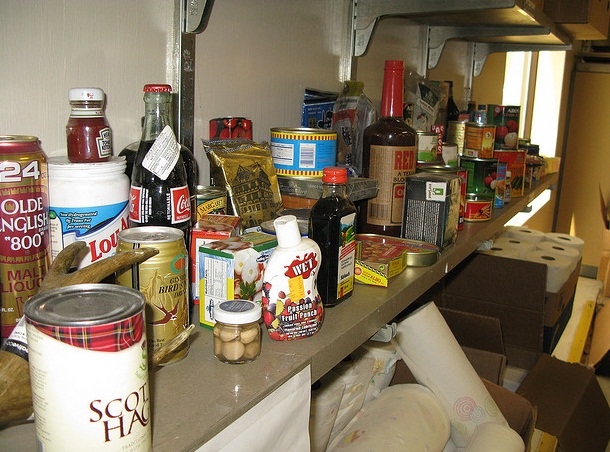









Facebook
Twitter
Instagram
YouTube
RSS